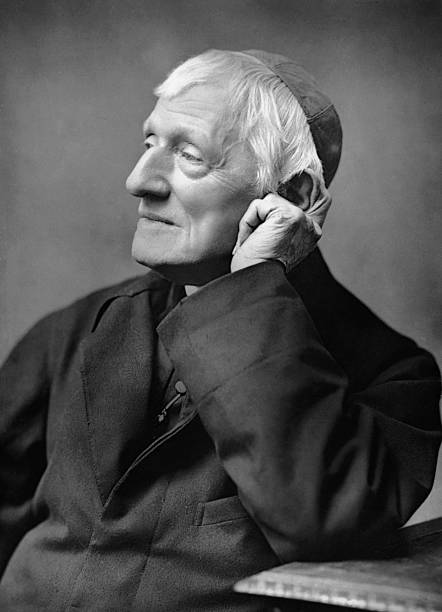These days, people use the religious term 'hell' without hesitation. The self-deprecating word "Hell Joseon" ( a satirical South Korean expression used to criticize the socioeconomic situation in South Korea), Indirectly points to the harsh reality of the young people of the 'N-po' generation (giving up numerous things in South Korea). A pastor in the Eyes of the Believer column of the Catholic Times gives us a look at this present situation as seen in Korean Reality TV dramas.
The difficulties of life that all generations must face are replaced with 'hell'. In particular, while monitoring popular broadcasting programs such as 'Solo Hell' and 'Marriage Hell', the situation of the times is reflected as it is, and viewers sympathize with it, but it exposes unethical and non-evangelical values.
'Solo Hell' and 'Marriage Hell' are both entertainment programs, but there is a difference. 'Solo Hell' aims to create couples, and 'Marriage Hell' aims to recreate couples. The hell referred to in 'Solo Hell' is simply a place where you are a solo person and survive on your own without anyone’s help, but in 'Marriage Hell', hell is a miserable state with no escape, suffering, despair, and pain. According to Christian doctrine, a hell is a place where people go as a result of their sins and are punished endlessly. Even in marriage itself, the word hell is used symbolically in the sense of foreshadowing such an experience.
In 'Solo Hell', single men and women are confined to an uninhabited island, and when they become a couple, they escape from Hell and go to 'Heaven Island'. This reality show is gaining popularity not only in Korea but globally.
There are many 'solo people' in our society who have not been paired up. Recent statistical surveys show that most of them are unable to marry due to financial difficulties or unable to find a suitable spouse. In that respect, these mating programs can have a good effect in attracting young people from single-person households to marriage.
However, it is also necessary to be aware of problems that arise. The rules presented by 'Solo Hell' are based on the dichotomous thinking that couples are desirable and singles are not. As if shouting 'couples heaven', 'solo hell'. However, single-person households are the trend in Korean society these days and will become even more so in the future.
Of course, some people are voluntarily single, but there are quite a few people who live alone involuntarily. Therefore, this program subtly reveals the discrimination that living alone is not right. Careful consideration is needed so that this program can make use of the advantage of inducing solos into couples but not discriminate against singles.
Even if you manage to succeed in becoming a couple, go to heaven, have a good relationship, and achieve your final goal of marriage, there are many cases where the fantasy that was like heaven after marriage is broken. The reason why an entertainment program called 'Marriage Hell' has a huge viewership rating is that it provides a solution to escape from a hellish marriage life.
In 'Marriage Hell', many viewers sympathize with the various marital conflicts that are seen without filtering and have a positive effect in eliciting vicarious satisfaction. However, due to the nature of broadcasting, which is tied to viewership ratings, several critics point out that there are limits to a system that relies on a single professional counselor, even though problems such as child molestation and domestic violence are raised.
Also, the word 'marriage hell' in the program title imprints a negative image of marriage as hell in the era of low birth, and the danger of making 'living alone', attractive, and raising concerns of hitting a steep demographic cliff.
In Dante's 'Divine Comedy', he takes himself as the main character and travels through heaven, purgatory, and hell. A place without hope is hell. If you think about it, it means that the moment you have hope, anyone can head to heaven. Whether you are living alone or married, you can have a fresh start when you acknowledge your own and the other person's shortcomings and accept the hope of change.






